Abia State is set to benefit from the European Union’s Solar for Health initiative, a renewable energy project valued at over €2 million and targeted at six states across Nigeria.
Speaking during a press briefing on the outcome of the State Executive Council meeting held at the Government House in Umuahia, the Commissioner for Information, Prince Okey Kanu, announced that Abia will contribute €624,000 as counterpart funding for the project, which is scheduled to launch in the state next week.
Prince Kanu explained that the Solar for Health project aims to provide sustainable solar energy to power health facilities and boost productivity around healthcare centres.
Adding to the energy and digital development agenda, the commissioner also revealed that the state government has signed a six-point Memorandum of Understanding (MoU) with a leading telecommunications company to position Abia as a digital hub in Africa.
Key highlights of the MoU include:
A device ownership scheme for civil servants
Deployment of Digital Governance Infrastructure
A Digital Mall for SMEs
Rollout of 4G/5G network services in major cities
Creation of a state-owned digital marketplace
100% broadband coverage across the state
“This partnership will help people in rural areas, including farmers, to transact and manage their businesses remotely by leveraging digital tools,” Kanu said.
Also speaking at the briefing, Commissioner for Power and Public Utilities, Mr. Ikechukwu Monday, emphasized that the Solar for Health initiative, funded by the European Union, is designed to drive the use of renewable energy in health facilities, supporting both medical operations and productive energy use in surrounding communities.
In a related development, the General Manager of the Abia State Environmental Protection Agency (ASEPA), Mr. Ogbonnia Okereke, announced the introduction of a Biogas technology initiative aimed at improving meat processing methods in abattoirs—starting with the Lokpanta cattle market.
According to Okereke, the biogas plant will eliminate the hazardous practice of using disused tyres to roast meat products such as kanda (cow skin), a method common in parts of Southeast Nigeria. He noted that the shift to biogas will help reduce the associated health and environmental risks.
The initiatives collectively reflect Abia State’s broader strategy to modernize infrastructure, promote health and environmental safety, and drive digital transformation.


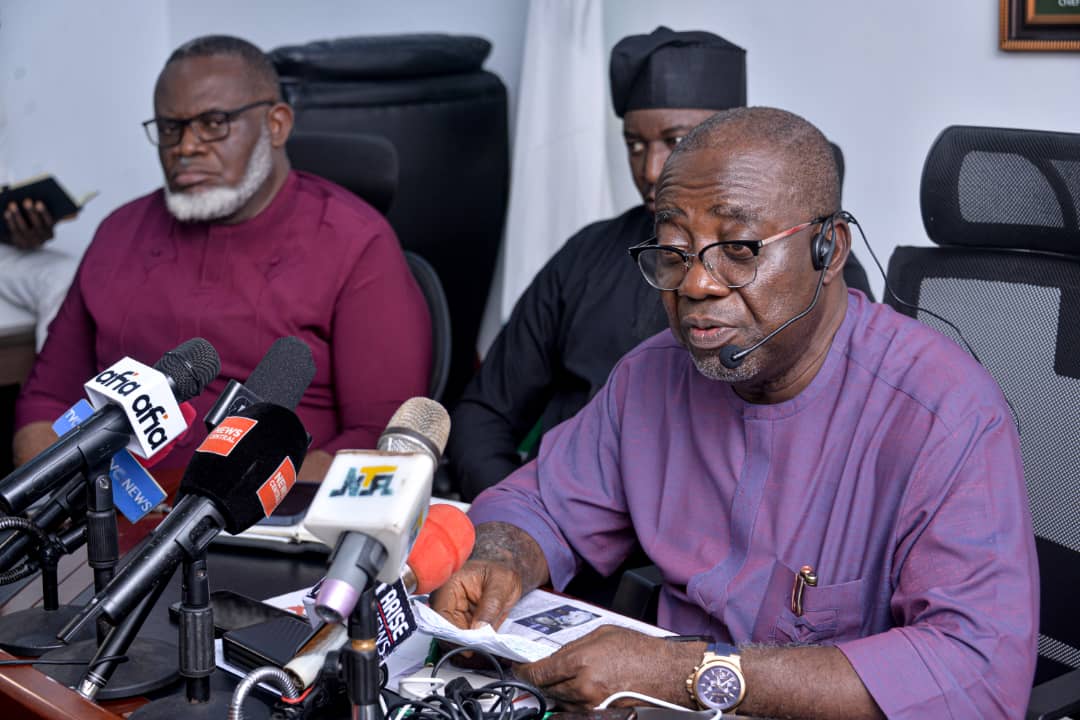

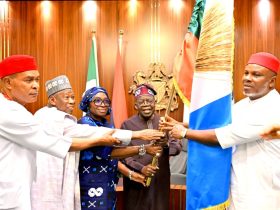
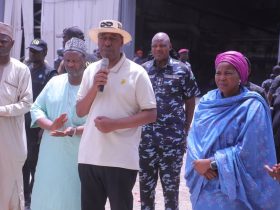
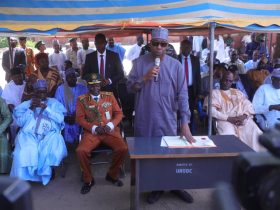



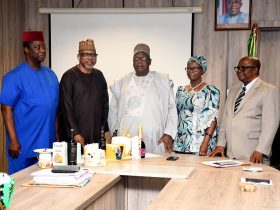

Leave a Reply